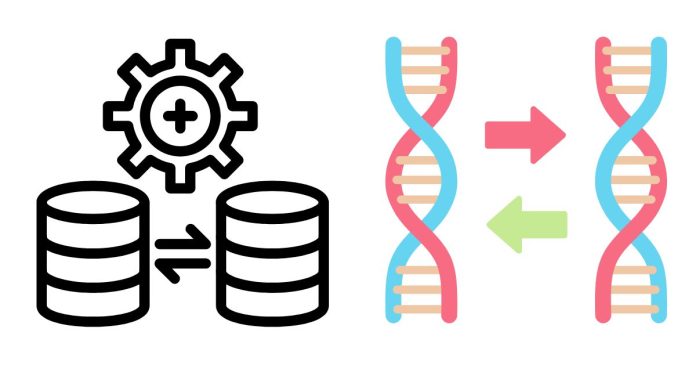Repetition and replication are vital for ensuring reliable scientific research but serve different purposes. Repetition involves conducting the same experiment multiple times within a single study to verify internal consistency and reduce random errors. In contrast, replication means repeating the entire experiment, often by different researchers or in different settings, to validate results and confirm their generalizability. Repetition ensures precision within one study, while replication strengthens the credibility of findings across varied contexts. Together, these practices uphold scientific rigor, building confidence in discoveries and advancing knowledge.
Explain the Difference Between Repetition and Replication
RELATED ARTICLES
0 Comments
Oldest


